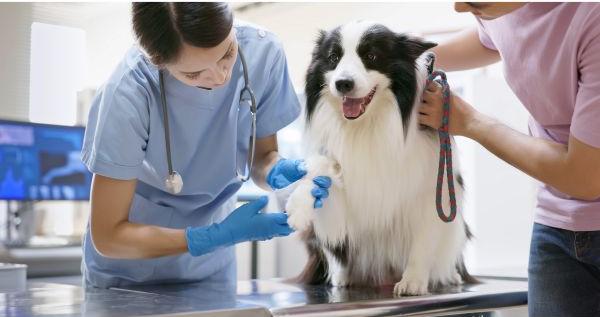The safety of both animals and staff is paramount in veterinary medicine. Two key elements that significantly contribute to the well-being of veterinary professionals are first aid training and manual handling. Let's delve into why these practices are crucial for creating a secure and efficient environment in veterinary clinics.
Importance of First Aid Training in Veterinary Practices
Veterinary professionals frequently encounter situations where immediate first aid can make a critical difference. From animal-inflicted injuries to accidental cuts or falls, having staff members trained in first aid ensures prompt and effective responses to emergencies.
First aid training equips individuals with the knowledge and skills to assess situations, administer basic care, and, if necessary, stabilise patients until professional medical assistance arrives. In a veterinary setting, this can mean the difference between a positive outcome and a potentially serious incident.
Furthermore, with animals often displaying unpredictable behaviour, first aid training tailored to veterinary practices provides staff with insights into handling injured or distressed animals safely. This not only protects the well-being of your staff but also ensures the best care for the animal patients.
Significance of Manual Handling to Veterinary Staff
The nature of veterinary work involves lifting, carrying, and handling animals of varying sizes and weights. Without proper manual handling techniques, there is a heightened risk of musculoskeletal injuries, particularly to the back. Manual handling training educates staff on the correct ways to lift, move, and handle animals, heavy equipment and stock, reducing the risk of injuries and promoting overall workplace safety.
By implementing manual handling protocols, veterinary practices can create a safer work environment, minimising the potential for injuries and long-term physical strain. This is particularly important in a profession where the well-being of the veterinary team directly impacts the quality of care provided to the animal patients.
A Culture of Safety in Your Veterinary Practice
Prioritising first aid training and manual handling in veterinary practices is integral to fostering a culture of safety. To support veterinary clinics in achieving this, SafeHands Health and Safety Solutions offers comprehensive training programmes and certifications. Our onsite training, which is carried out face-to-face at the practice, is specifically designed to meet the unique needs of veterinary professionals, ensuring they are well-prepared to handle emergencies and carry out their duties safely.
For more information on our First Aid and Manual Handling Training and Certification for veterinary practices, please visit www.safehands.ie, call 01 7979836 or 087 3823223, or email info@safehands.ie. Safeguard your team and enhance the level of care you provide by investing in the safety and well-being of your veterinary practice.

